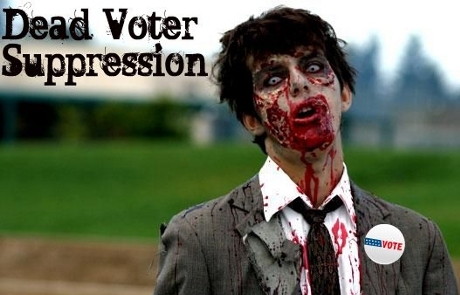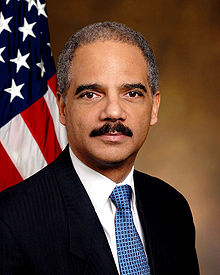Your politics are determined by your values, your opinions about the facts of the world, and, let’s be honest, just a little bit of tribalism. But the future is approaching, as it often does, and great transformations may be in the cards. Transformations that could dramatically affect the facts of the world. So whatever your values are, there is a chance that you may soon be arguing for the opposite of your usual policies. For instance, what if the future were necessarily…
Communist: one of the easiest ones to conceive of. Here it turns out that as barriers to trade are removed and transaction costs go to zero, the natural state of the economy is one of perpetual crashes. Celebrity and fame feed upon themselves: everyone demands the best, and the definition of the best is shared widely: niche markets don’t exist. Incomes follow such a sharp power law that only a few percent of the population have any wealth at all. Automation means that most people can’t earn enough to sustain themselves: their income drops below the costs of keeping them alive. Hence a large, bloated, over-regulating government becomes a matter of survival.
Ultra-capitalist: as barriers to trade are removed and transaction costs go to zero, the whole market segments into small niches. Everyone can find some buyer for their work, as new demands and new suppliers spring up immediately, connected by new technologies. Technology solves known externalities (like global warming), so there is little need for a centralised controlling authority. Change happens so rapidly that any governmental intervention is counterproductive: by the time the change is implemented, the benefits and costs the government was trying to influence are things of the past. The efficient market, the only thing fast enough to keep up with itself, flows like a river around any blundering governmental efforts, rendering them moot.
Read More »How will the future change your politics?


